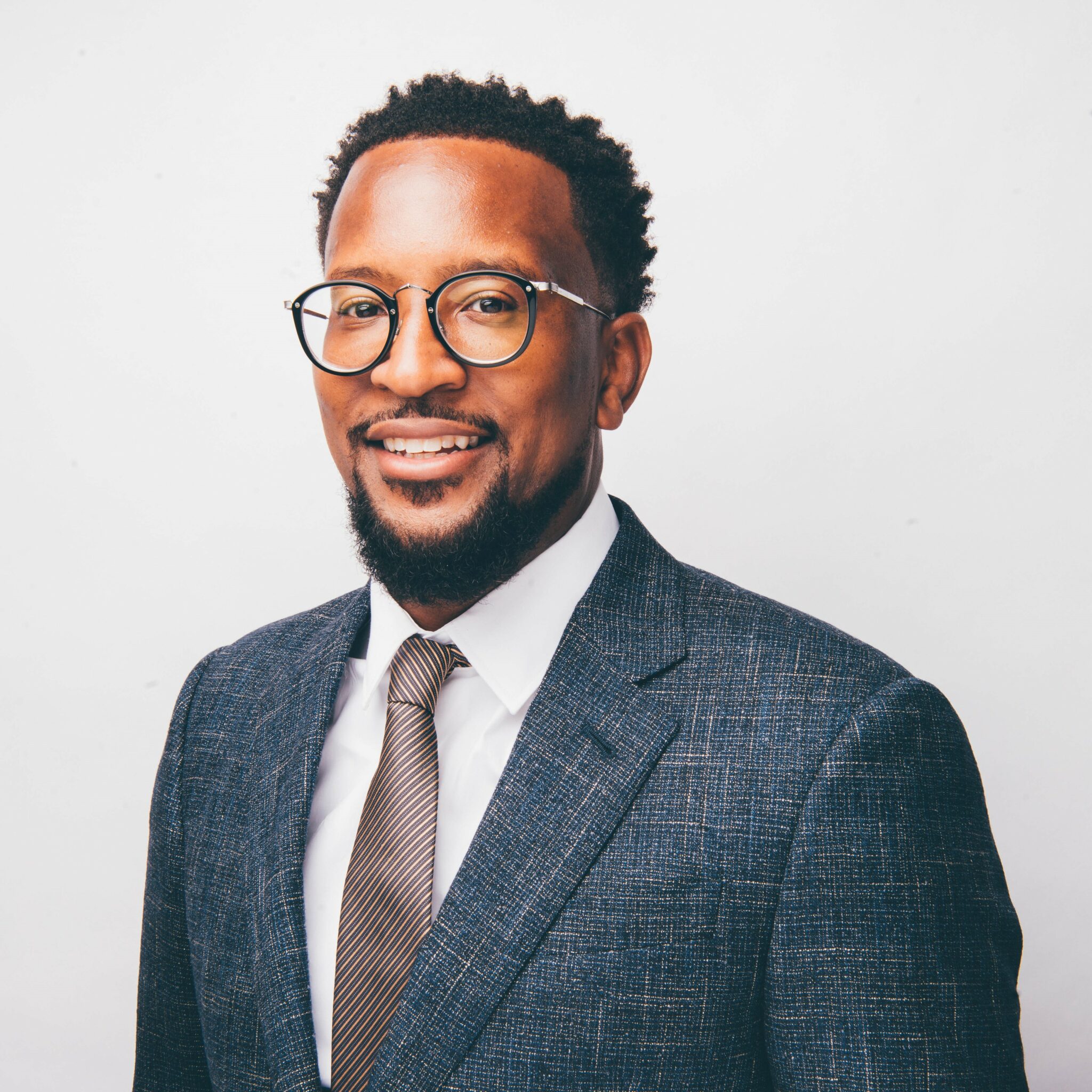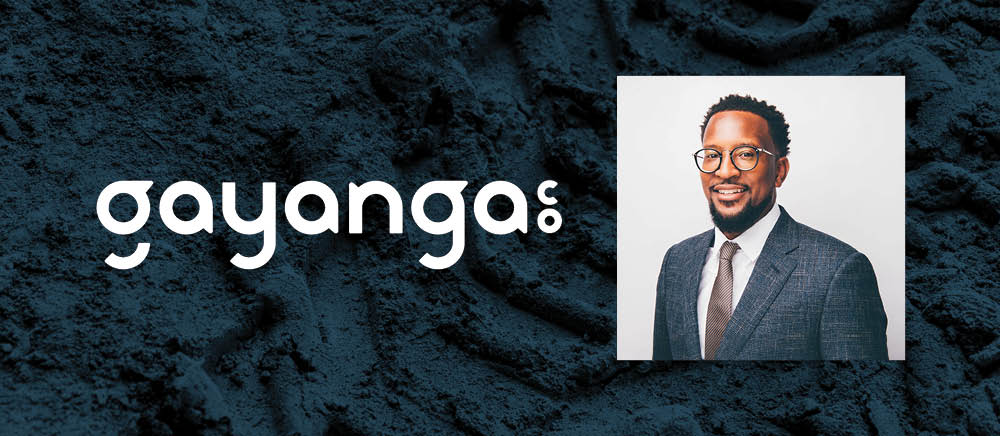Founded in 2016, Gayanga Co. is reimagining the way demolition, excavation, and underground utility work is completed throughout the city of Detroit and beyond. These are just a few of the services the Detroit-based construction engineering startup offers, but no matter what project it’s tackling, there’s a major common denominator that guides the firm: data.
“We’re always looking to let our decisions be data-driven,” says Gayanga Co. founder and CEO Brian McKinney. “We want to make sure that our data comes in from the field in a digestible way that allows us to extrapolate that information and perform some predictive analytics.”
If you think that sounds more like what someone in the trenches of a tech startup would say, you’re not wrong. Prior to establishing Gayanga Co., Brian helped launch and manage a series of startups in the finance field while spending time in the south and on the west coast. He had no relation to the construction industry, but it was always a space he was curious about.

Brian acted on that curiosity in 2016 when he attended a minority contractor fair in Detroit, his hometown, to learn more about the city’s focus on removing blighted structures. That event inspired him to embark on a new journey.
“I felt this was a great opportunity as a minority business enterprise (MBE) to participate in,” he explains. “Obviously, by participating in the redevelopment of the city and the surrounding areas, but also as a way to ensure that residents were able to fully participate and what that growth looked like.”
From Blighted Houses to Billion-Dollar Hospitals
In the years that followed, Gayanga Co. has seen exponential growth. The certified MBE startup now employs more than 50 people (more than half of whom reside in Detroit) and consistently wins contracts averaging $1 million to $5 million. One of the breakthrough projects Brian and his team have worked on was the demolition of the Conners Creek Power Plant located on the east side of Detroit due to its complexity being located so close to the Detroit River.
“[It] gave us a different level of skill to show that we could execute in a high-pressure situation,” Brian says.
Most recently, Gayanga Co. was tapped as a strategic partner alongside the Barton Malow-Turner-Dixon joint venture team for the $2.5 billion Henry Ford Health Destination: Grand project to perform project engineering and management work. But first, the firm is completing some self-perform demolition work before construction officially begins.
As a mentor-protégé of Barton Malow’s, Gayanga Co. is steadily gaining more capacity in business and how the firm is run. “Learning best practices from an organization that’s been doing it for decades has allowed us to scale at a faster rate,” Brian says. “We’re able to dive into someone else’s learned experiences and not have to make those mistakes.”
Keeping the Community Close
Gayanga Co. is a forward-thinking firm — not only in its use of data and machine learning, but also in its hiring practices. There’s a true emphasis on giving opportunities to those who are “unemployed, underemployed, or face traditional barriers to employment.” While the industry is abuzz with headlines about labor shortages, Brian puts in the work to engage people who live in the communities where Gayanga Co. performs work.
“We have to get out of the insular nature of our work and market ourselves to a generation of people who didn’t grow up doing construction,” he explains. “That means meeting people at church, at the barber shops, and at community centers — just giving people pathways to our work opportunities.”
As a result of conducting outreach in a uniquely organic way, many of Gayanga Co.’s team members joined the company as apprentices and have grown into journeymen under Brian’s leadership.
An Encouraging Landscape
Over the years, Brian has seen the industry change and, overall, is encouraged by the direction in which it’s headed. Gayanga Co.’s mission is to work on first-class projects and build up first-class communities, all while paying its historically underrepresented team members living wages. At one time, this was difficult to accomplish when larger firms weren’t holding up their end of the deal to hire a diverse workforce. Luckily, Brian has noticed a shift in the right direction.
“With companies like Barton Malow and other large-scale players holding these partnerships accountable to make sure that equity is provided in these contracts, it’s had a transformative take on the whole MBE supplier base,” Brian explains. “It’s really forcing us to think about how we engage communities of color.”
As an industry outlier, Brian has found his home in construction at Gayanga Co. and has some sage advice for anyone considering making a living in the field.
“There’s no better time [to join] than now,” he says. “I think we’re experiencing once-in-a-generation infrastructure growth. This is an industry that isn’t just a job. It’s a career.”
